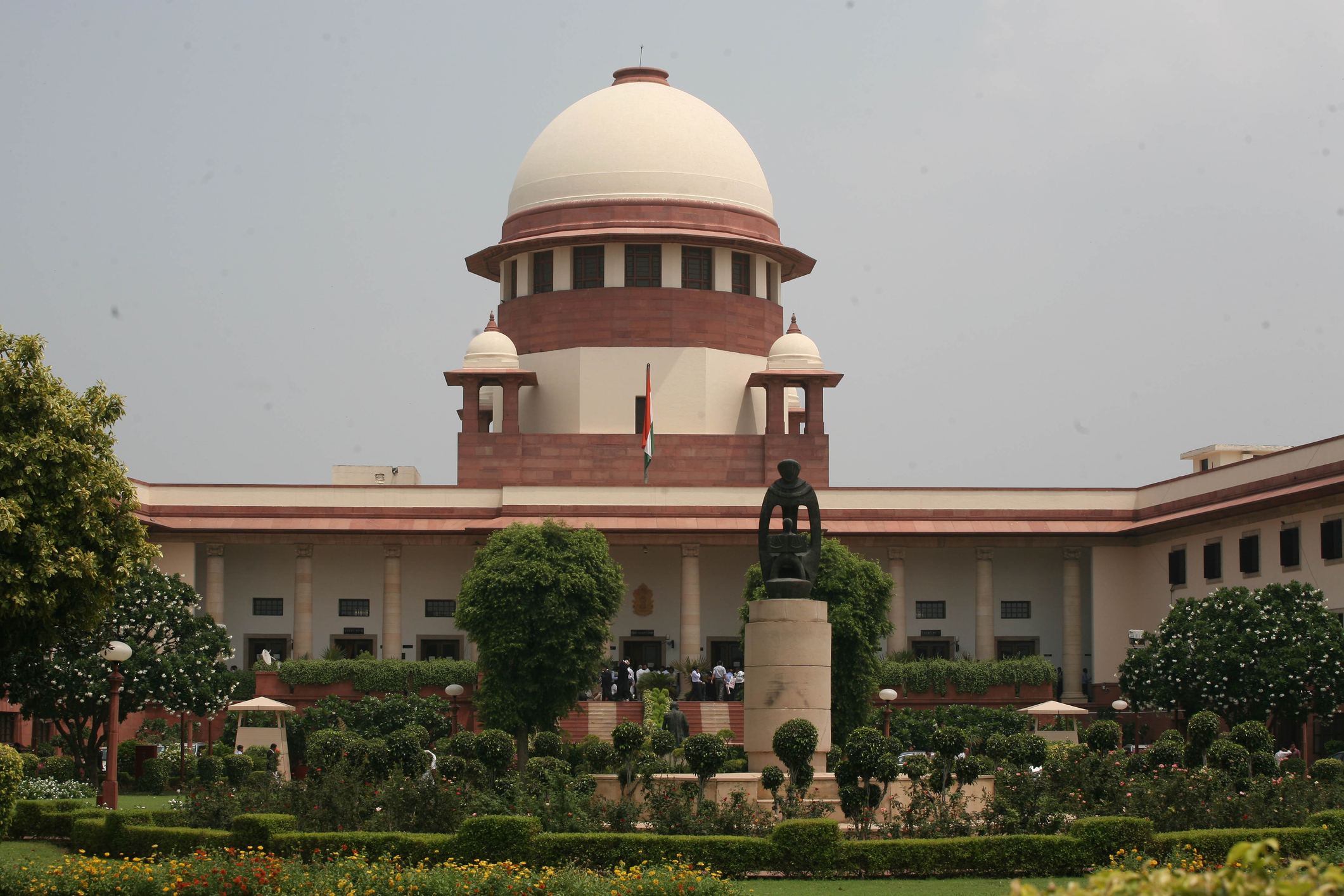Deb Mukharji, former high commissioner to Bangladesh and former ambassador to Nepal, and two former IAS officers have petitioned the Supreme Court challenging the constitutional validity of the Citizenship (Amendment) Act 2019, contending that it “violates every known principle of equality and equal treatment” and “damages and destroys the Constitution’s basic feature of secularism”.
According to Mukharji and co-petitioners Somasundar Burra and Amitabha Pande, the act discriminates between people from the “right religion” and those from the “wrong religion”.
“The impugned act states that refugees and asylum seekers belonging to the right religion (Hindu, Sikh, Jain, Christian, Parsi and Buddhist) and the right country of origin (Pakistan, Afghanistan and Bangladesh) will be granted amnesty from prosecution as illegal migrants, and set on the fast track to citizenship,” the petition says.
“However, refugees and asylum seekers from the wrong religion and the wrong countries must individually prove their worthiness to belong, and are granted neither amnesty nor citizenship.
“It is respectfully submitted that this constitutes invidious discrimination and an indefensible denial of equal respect and concern. The impugned act violates every known principle of equality and equal treatment, ‘damages and destroys’ the Indian Constitution’s basic feature of secularism, and ought to be struck down as unconstitutional.”
The act “contravenes the founding principles of the Republic of India”, the petition contends.
“In 1947, this nation was founded on certain inalienable truths. Chief among them was that the land of India had always been — and would always be — home to all faiths, welcoming diversity and pluralism and excluding none,” it says.
“India was founded on the idea of ‘civic nationalism’ —that allegiance to the Constitution and its values was what it meant to be ‘Indian’ — and the rejection of the ‘two-nation theory’ that triggered Partition. The impugned act rends these foundational principles as it places some faiths and religions as implicitly more worthy of protection than others.”
The petitioners have added that the act is also a “blatant violation” of Articles 14 (equality before law), 21 (protection of life and liberty) and 25 (freedom of religion) and the basic structure of the Constitution.
They note that while “the act itself does not stipulate a legislative purpose”, prior home ministry notifications and the Statement of Objects and Reasons to the act suggest the putative purpose is to address the persecution of religious minorities.
The petitioners say they applaud “this goal as a noble and worthy one” but add that the act implements this in an “indefensibly discriminatory fashion” by limiting its protection to individuals of certain faiths and from certain countries.
“The act ignores… that even within India’s neighbouring countries, there exists (a) religious persecution of minorities in nations other than Pakistan, Bangladesh and Afghanistan, (b) religious persecution of groups other than Hindus, Sikhs, Buddhists, Jains, Parsis and Christians in the three named countries, and (c) non-religious persecution that affects all groups,” the petition says.
It cites three examples to demonstrate how the act discriminates between “individuals in identical circumstances”.
- A Sri Lankan Tamil who has fled Sri Lanka because of extreme religious persecution, or a Rohingya Muslim who has fled Myanmar to escape religion-fuelled genocide, will not be granted sanctuary under the act while a Pakistani Hindu who has fled Pakistan for exactly the same reasons will be.
- An Ahmadiyya who has fled Pakistan because of extreme religious persecution will not be granted sanctuary under the act while a Pakistani Christian who has fled Pakistan for exactly the same reasons will be.
- A Tibetan political activist who has fled China because of extreme political persecution, or a women’s rights activist who has fled Bangladesh because of extreme social persecution will not be granted sanctuary under the act while an Afghani Buddhist who has fled Afghanistan to escape religious persecution will be.
The act is therefore “devoid of compassion, devoid of humanity and devoid of constitutional validity”, the petition says.
It argues that by “elevating religion and religious persecution to the level of constituting justified claims to citizenship, while refusing to accord the same sanctity to other forms of (equally serious) non-religious persecution”, the act violates the “basic feature of secularism”.
“Indian secularism does not permit religion and faith to determine an individual’s civil status in the polity (through citizenship)…. And it certainly does not permit that to be done in a colourable and discriminatory fashion,” the petition says.
It says the petitioners have no objection to a just, fair and even-handed legal regime that accords sanctuary to refugees and asylum seekers.
Rather, they believe that this is a “moral necessity” and is consistent with India’s “historic place in the world as an open, plural and diverse society, which has always protected those who need protection, which has always welcomed persons of all faiths, beliefs and ways of life, and whose civilisational character has always been defined by tolerance and assimilation.

